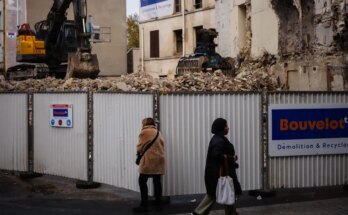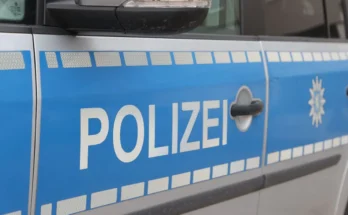Demand for plasma-derived medicines is growing faster than production capacity and Italy, despite having reached a historic record of 900 thousand kilos of plasma collected in 2024, is still far from being self-sufficient. Currently only 59% of the immunoglobulin used in the country comes from Italian donations, while the remaining 41% must be purchased on international markets, an increasingly fragile balance in a global context characterized by logistical, regulatory and geopolitical tensions. Over the past ten years, immunoglobulin consumption has increased by 57%, with an average increase of 5% per year, driven primarily by the use of subcutaneous formulations (+245%).
Record donations, but it’s not enough
The European Commission has included immunoglobulin and albumin on the list of critical medicines in the Critical Medicines Act, while recent tax and customs policies in the United States – the origin of more than 30% of plasma derivatives used in Europe – risk further complicating supplies. Despite the generosity of Italian donors and technological advances in plasma processing, the distance to self-sufficiency is still large and regional inhomogeneities weigh heavily: some regions exceed 20 kg of plasma collected per thousand inhabitants, while other regions do not reach 6 kg of plasma collected per thousand inhabitants.
For patients, this uncertainty is not an abstract fact but a concrete condition. «During Covid – says Massimo Marra, president of Cidp Italia Onlus – we experienced a reduction in doses and a lengthening of the interval between one administration and another. This results in a loss of autonomy: no longer able to climb stairs, walk, hold a glass.” Alternative therapies do exist, but they have more side effects: «Immune globulin is the only chronic therapy that is sustainable in the long term. Removing it means reducing the patient’s quality of life.”
Avoid flaws and ensure suitability
There are currently no widespread shortages, but the problem has not been resolved. “Our fear – emphasizes Marra – is that what happened during the pandemic could happen again. The global market determines where products will be sent and Italy is not always the most convenient country.” This is why the association calls for strict planning: «We cannot be satisfied with a 1% increase when demand increases by 5%. Planning means guaranteeing that the drug will be available within a year.”
In line with this, Alessandro Segato, president of Aip Aps, warned of the need for structured intervention in the next Budget Law: «Swift action is necessary to avoid deficiencies and guarantee conformity. For our patients, immunoglobulin is a life-saving therapy.” Segato also highlighted the vulnerability of the international framework: «The new US regulations and the inclusion of plasma derivatives in the list of essential medicines in Europe show how open this system is. Without strengthening internal collection, we risk not being able to ensure continuity of therapy.”


